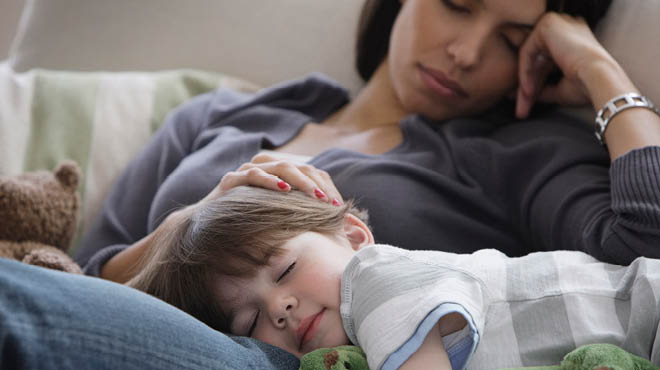Recent Posts
Are OTC hearing devices a good fit for you?

People with mild to moderate hearing loss soon will be able to buy hearing aids over the counter without medical exams or professional fittings. But will an over-the-counter (OTC) hearing device be a good fit for you?
Here are some things to consider before you buy:
More convenient and accessible
An OTC option will be more convenient and accessible, especially for those who live in rural areas, where making an appointment with a hearing specialist and getting to that appointment can be a barrier to care. These devices will be available at pharmacies, drug stores, other major retailers and online.
Less expensive
Hearing aids typically are expensive, with prices averaging $1,000 to more than $3,000 per ear, depending on the level of technology and included services. Insurance coverage for adults can be limited, expensive or nonexistent. The OTC option could save many people money.
Quality devices
Some of the developers behind OTC hearing devices are traditional hearing aid manufacturers, in some cases, they're working in partnership with companies known for products with high sound quality, such as wireless headsets. These devices will go beyond just noise reduction and sound amplification and include a level of sound shaping you'd experience with a hearing aid.
Entry-level option
Over-the-counter hearing aids promise to be a good first step for people who are just beginning to notice hearing loss. People in the target market tend to be younger — 40 to 65 — fairly tech savvy and able to navigate the home fitting process.
Self-diagnosis
Under the new Food and Drug Administration ruling, people will need to determine their level of hearing loss. But patients may not be the most accurate judge of their condition. Since hearing loss varies from person to person, hearing aids are customized — not one-size-fits-all.
How-to instructions
The OTC devices will include step-by-step instructions for fitting and use, whether through an app or an online portal. Companies offering OTC devices also will be required to make the same software available to hearing professionals and audiologists, so many will be able to troubleshoot, and provide counseling and programming services.
Hearing test
Before you dash off to buy an OTC hearing device, you should have an audiologist or hearing professional check your hearing. By knowing where you stand, you'll eliminate some of the guesswork determining which OTC device will be the best fit for you.
Katie Kendhammer, Au.D., is an audiologist in Owatonna, Minnesota.






